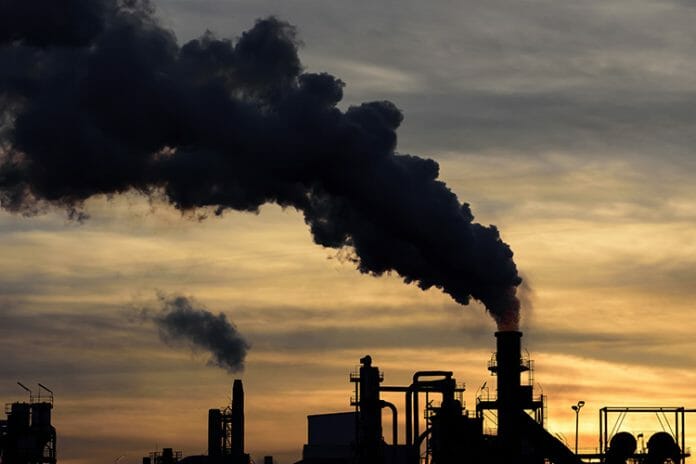On the opposite side of the planet we had the President of the biggest developed nation to claim that climate change is a fallacy and it was concocted by scientist despite icebergs melting in unprecedented speeds. With Donald Trump out of the White House, we hope the new President will be more progressive in protecting our planet for the future generation.
However, small progressive nation in Southeast Asia is taking climate change seriously and will be making positive steps to be part of the global efforts in protecting the Ozone Layer. We are happy to note that Malaysia has ratified the Kigali Amendment to the Montreal Protocol on Substances that Deplete the Ozone Layer under the Vienna Convention, a global move towards preventing unwanted gasses released into our ozone.
According to Environment and Water Minister Datuk Seri Tuan Ibrahim Tuan Man, the instrument of ratification has been deposited to the United Nations in New York on Oct 21 through the Foreign Ministry. “The ratification shows Malaysia’s commitment to protecting the environment, particularly the ozone layer in addressing climate change,” he said in a statement today.
Kigali Amendment came into force on Jan 1, 2019 and to date, 110 countries have ratified the amendment to implement a phasedown of the consumption of hydrofluorocarbon (HFC), thereby mitigating negative impacts on climate change. HFC has a very high Global Warming Potential (GWP), which is up to 14,800 higher than carbon dioxide.
Under the Kigali Amendment, Malaysia must reduce 80 per cent HFC consumption within the baseline by 2045. The consumption of HFC will be frozen at baseline in Malaysia starting on Jan 1, 2024.
The government has already started consultations on the ratification with the relevant stakeholders including government agencies, non-governmental organisations and industries impacted by the phase-down of HFC consumption since early 2017. Industries like refrigeration and air conditioning, fire protection, solvent are the biggest users of HFC, these sectors will now need to look at alternatives.
By cutting down the use of such gas can help in reducing the impact of global warming and it is expected that greenhouse gas emission equivalent to 105 million tonne CO2 equivalent can be avoided by 2100, which will prevent the increase of global temperature by 0.5 degree Celsius.
Tuan Ibrahim said the ratification will benefit Malaysia in terms of trade access with other country parties, financial assistance under the Multilateral Fund (MLF) and technical assistance for our local industries to convert to low carbon alternatives and technologies.
“This will in turn, open up opportunities for the local industries to give rise to products that are able to compete within the global market in the future.
“Malaysia joining the Kigali Amendment to the Montreal Protocol is a testimony of our continuous effort in working with the global community to address various environmental issues and challenges towards sustainable development,” he said.





